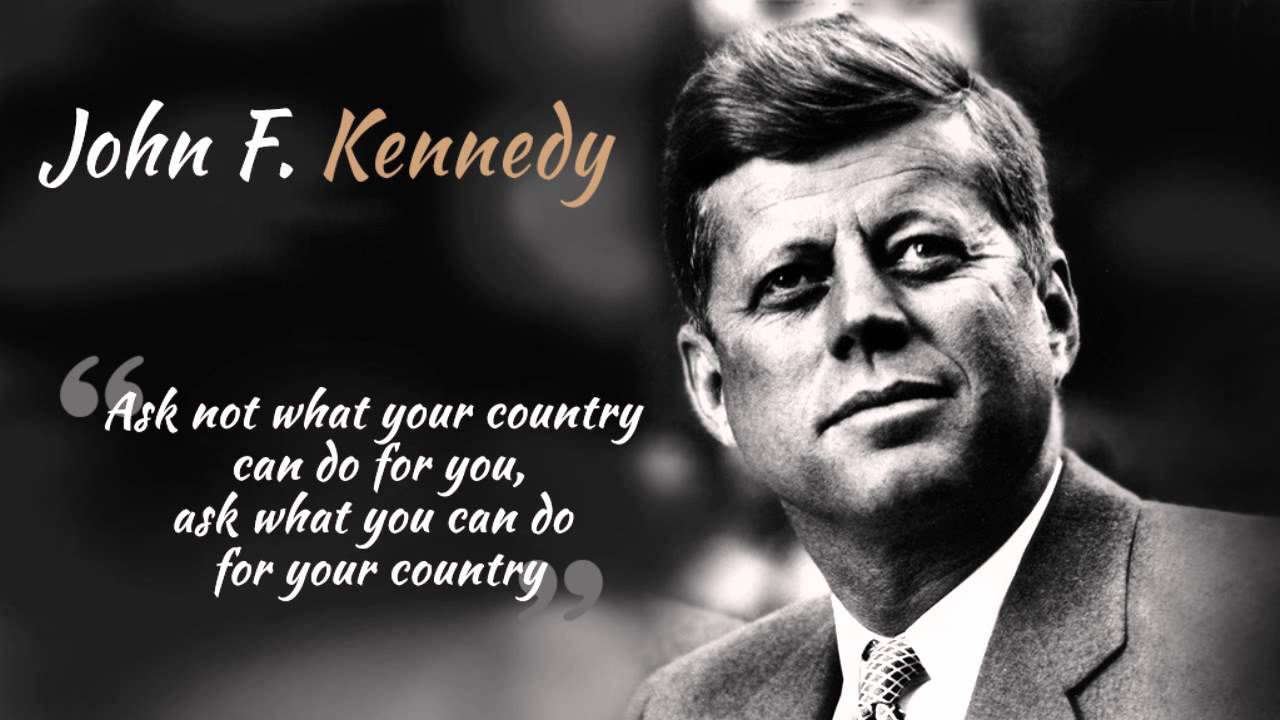Penna Dexter
On January 20,1961 President John F. Kennedy ended his inaugural address with a challenge: “And so, my fellow Americans: Ask not what your country can do for you — ask what you can do for your country.” These words invigorated a new generation of Americans.
The crowd of progressives currently running for president seem to be speaking a different language to a different America — one that ascribes to government the duty to do more for them. Washington Post columnist Robert Samuelson points out that, “Kennedy urged us to be unselfish, but broad sectors of the American public now repudiate Kennedy’s rhetoric.”
Mr. Samuelson argues that too many “ordinary Americans” now believe that “energetic expansion of government can solve most problems and cure most defects of American democracy.” He writes, “They expect the government (a.k.a. ‘the country’) to do for them what they don’t want to do for themselves or are incapable of doing.”
On the debate stage, candidates doubled down on their proposals of just a few weeks ago to replace Obamacare with universal health coverage — call it Medicare-for-all or something else. Now, at least half say they also back federally-subsidized health care for illegal immigrants. And most would provide abortion at all stages of pregnancy, subsidized by the taxpayer.
Promises of free college have been broadened to include repayment of everyone’s student loans. There’s a proposal to provide federal subsidies for childcare. And the Green New Deal would make energy more expensive necessitating federal programs to help those hit the hardest.
Candidates find it necessary to talk down our healthy economy in order to convince voters we need more government. Meanwhile the positive momentum from tax cuts and repeal of regulations continues.
In the more than a half-century since the Kennedy administration, we’ve seen a huge expansion of government. The Post’s Samuelson writes: “Government does more things for more people than ever in history.”
It’s time we ask it to do less.
 Listen Online
Listen Online Watch Online
Watch Online Find a Station in Your Area
Find a Station in Your Area










 Listen Now
Listen Now Watch Online
Watch Online
